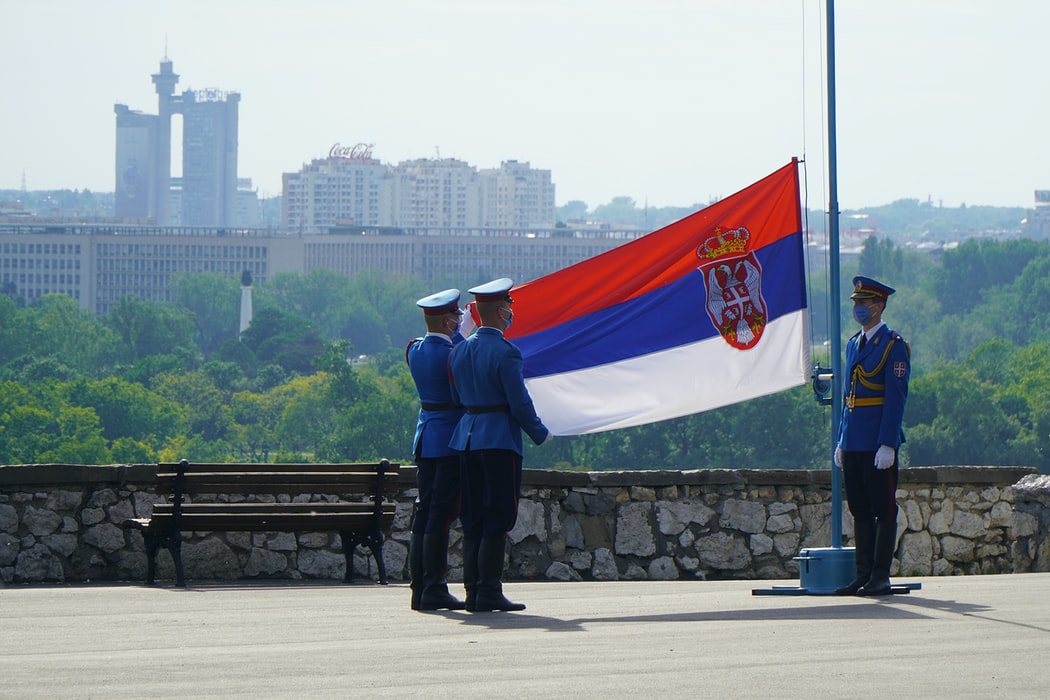
Others are attracted by a rich historical excursion program, and some people are attracted by medical and wellness rest in local resorts.
The mild continental climate with warm summers and mild snowy winters makes it possible to visit Serbia at any time of the year. Given the availability of a high level of service here, prices for all services are quite moderate compared to the rest of Europe.
Even though Serbia has no access to the sea, there are a large number of resorts, hospitals, and health centers. The country has over 1000 mineral springs, therapeutic mud, thermal waters, and a mild climate.
To make your trip to this beautiful country comfortable, we have prepared for you a list of useful travel advice and advisories for Serbia.
Safety regulations
The security situation in Serbia is rather ambiguous. In this country, the crime rate is growing fast enough. You should beware of pickpockets who often commit theft at the airport, government offices, and in crowded places. You should also be careful with scammers, especially in the foreign exchange market.
It is advisable not to carry valuables, documents, and large amounts of money with you. Do not display your wallet in crowded places or leave things in the front seat of your car when you make stops. It is better for you to avoid isolated areas, including remote areas of cities after dark. The police strictly restrain any manifestations of deception of foreign tourists. But at the household level, there are frequent cases of petty fraud, so you should be especially careful when dealing with financial issues. Also, you should never give money in advance before providing a service.
Hotels
Most of the hotels and beaches in Montenegro are owned by the state (although recently, there have been many pensions and hotels owned by foreign companies and individuals). In Herceg Novi, Budva, Sutomore, Petrovac, and Ulcinj, the private sector plays a dominant role. It often offers better conditions than hotels. The beaches of Montenegro are mostly pebbled (from Budva to Sutomore) and sandy (south).
However, the northern part of the city, as well as in neighboring Croatia, has a mainly rocky coast. Their people can swim only in specially equipped places. Most of the beaches are fenced in, and access to them is allowed only to guests of local hotels and guesthouses, or for a fee. Within the city limits, beaches are rare – more often their place is occupied by a beautiful promenade, so many beaches, if they do not belong to some hotel, will have to be reached by public transport.
Water
In several cities, especially in the regions bordering Croatia, there is a lack of water. The lights are also periodically turned off (especially in Montenegro). Tap water in Serbia is usually chlorinated. However, because of the damage from NATO airstrikes and the general deterioration of the networks, it is not recommended to drink tap water. It is better to use bottled or mineral water for drinking.
Photo and video filming
Taking pictures is allowed everywhere except in places where there is a prohibition sign (crossed-out camera). It is prohibited to photograph objects of transport infrastructure and energy, port facilities, and military facilities.
Crossing the border between Serbia and Montenegro
There is an internal state border between Serbia and Montenegro. On this border, regardless of the direction of crossing it, you can also undergo a vehicle search and document checks (border guards have the right to do so). You also may face the requirement to purchase “national” vehicle insurance (a clear violation of the law – the “green card” is uniform throughout the country).
Electricity
Electricity 220 V, 50 Hz. Sockets and plugs are European types, grounded. In not urban areas, old-style connectors are very common, they are round, two-pin, and without grounding. Power outages in Serbia are common, especially between November and April. Most high-end hotels and restaurants have redundant power generators.
Units
The system of measures and weights is a metric.
Price level
The price level in the country is quite low and significantly lower than in neighboring Croatia, Montenegro, or Bosnia-Herzegovina. The biggest expenses for a tourist will be hotels, which are somewhat more expensive than in countries such as Bulgaria or Romania. It seems very difficult to find a hotel (or even a motel) for less than 35-40 euros for a double room.
The reason is the fact that Serbia is not a tourist country, and the competition is relatively low when compared even with Montenegro, which lives exclusively on tourism. The cost of gasoline matches the prices in neighboring countries. Restaurants and cafes are relatively cheap: a hearty lunch in a mid-range cafe will cost no more than 10-12 euros per person.
Tip
Tipping in restaurants and taxis is up to 10% of the bill. In a taxi, it is recommended to agree in advance on the route of the trip and its cost. At the same time, in many establishments (especially in rural areas) it is not customary to leave a tip, and this is solely at the discretion of the tourists themselves.

